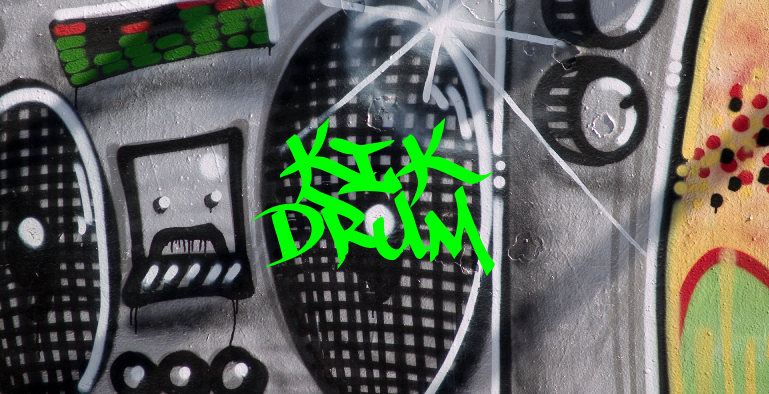Finnish digital rights case could set interesting precedent over pre-iTunes catalogue

A potentially important test case being fought in the Finnish courts has ruled in favour of the family of a late artist who were in dispute with the local Universal Music subsidiary.
The case centres on the so called ‘making available’ right, an element of copyright that first emerged in the 1990s, designed to ensure copyright protection covered the distribution of music through digital channels. In the UK, the making available right was added to copyright law as a sub-section of the existing ‘communication’ control that traditionally covered broadcast.
The whole concept slipped into many copyright systems in the early days of downloads. Until some artists and managers started to question whether labels could actually exploit the making available right without their permission.
While record companies are usually the copyright owners when it comes to sound recordings – either through default ownership rules or assignment contracts – in Europe there also exist so called ‘performer rights’, which say that performers as well as copyright owners have certain controls over how their recordings are used.
This means that labels need to get performers to approve their exploitation of many elements of the copyright when contracting artists. Artists with contracts that pre-date the addition of the making available right to copyright law couldn’t have approved exploitation of that element, because it didn’t exist. Therefore, some argue, labels need to get new permission to licence services that are ‘making available’ recordings, which is likely to include most digital platforms.
Many heritage acts are annoyed with the share of digital royalties they are receiving from the labels from digital income. Most labels pay similar royalty splits on downloads and streams as they do on CDs, but the artists say that the costs and risks of selling digital are clearly less than with physical music products.
That discussion has gone legal many times in the USA – though resolution is usually based on how old record contracts are interpreted, which is very much open to debate. But if labels had to come and get new permission from artists for the making available right, that would also be an opportunity to renegotiate terms on download income.
 The legal action taken by the sons of Finnish guitarist Albert Järvinen, best known for being in rock group Hurriganes, argued in the Helsinki Market Court that Universal didn’t have the right to sell two Hurriganes albums digitally. In a legal battle supported by the Finnish Musicians’ Union, the court has ruled in the Järvinens’ favour.
The legal action taken by the sons of Finnish guitarist Albert Järvinen, best known for being in rock group Hurriganes, argued in the Helsinki Market Court that Universal didn’t have the right to sell two Hurriganes albums digitally. In a legal battle supported by the Finnish Musicians’ Union, the court has ruled in the Järvinens’ favour.
The case tests whether the assignment of future new performer rights could be part of an artist’s label deal. Most labels will argue that it can and it usually is. But in this case, the Helsinki court said no. The question now is whether this sets any kind of precedent, in Finland, and possibly beyond, as in the EU, performer rights stem from European law.
The complication in this specific case was that the original record contract wasn’t available, meaning the nature of the deal between artist and label was based on witness testimonies. According to the Finnish MU, “Universal could not convince the court of either a general business practice or a silent acceptance enabling them to use the recordings in internet services. The ruling obliges Universal to take out the first two Hurriganes albums from internet services, pending a fine of 50,000 euros”.
while this case may just force Universal to take the two albums off iTunes and other streaming sites, if a wider precedent was set, labels would need to start negotiating new agreements with heritage artists over digital sales.
Welcoming the ruling, Ahti Vänttinen, President of the Finnish MU, told reporters: “We believe that a large part if not most of the older recorded repertoire from any country now utilised in internet music services worldwide is not sufficiently licensed by the artists. Labels cannot just assume they have the rights, but they have to agree on them with the artists. It is not credible to presume that record deals in the 1960s, 1970s or even 1980s would have included provisions on internet use. Only in the late 1990’s we started to see provisions dealing with electronic distribution, and even today some contracts are still silent on these types of utilisation”.
Benoît Machuel, General Secretary of the International Federation of Musicians, added: “We welcome this ruling, which makes clear that the majors cannot unilaterally reinterpret their unfair contracts to make them even more unfair to performers. The time has come to re-shape business models and legislations, in order to provide performers with a fair share of the revenue generated by their music online”.
The question now is what the wider implications of this ruling will be.
Source : Complete Music Update




































